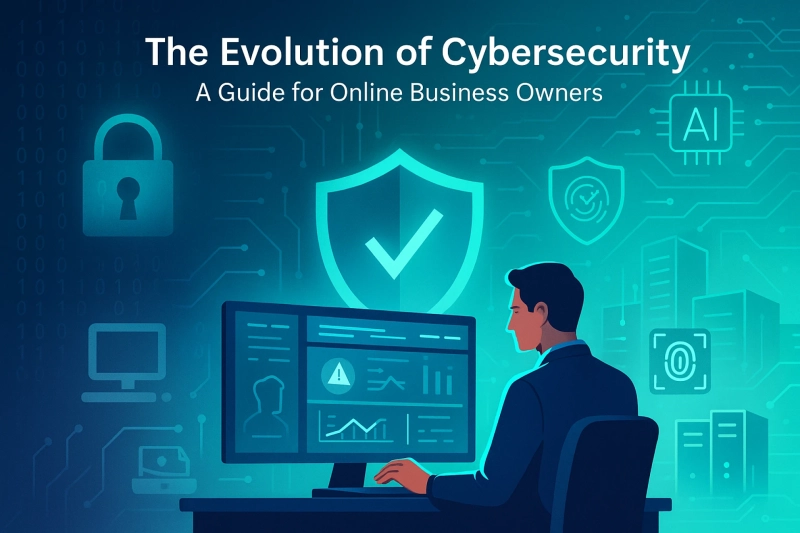When running an online business, you want to keep it as secure as possible for your customers.
In the last year, 43% of all businesses in the US have had some kind of cyber-attack, which equates to a lot of information being hacked and stolen. As a business owner, you will want to do whatever you can to ensure that all of your business data (and your customers' data) stays safe.
Cybersecurity has evolved to stay ahead of hacking techniques, and here, you will be walked through some of the major updates in most cybersecurity technologies over the last year, as well as how to implement them when necessary.
Increase in Supply-Chain Hacking
More cyber attackers are targeting their efforts at suppliers, partners, and third-party services as well as businesses directly. So, even if you have strong online security for your website, issues along your company's supply line can lead to your own company coming under threat.
For business owners, it is worth looking at the access that external parties have to your own software. If you aren’t sure about the security risks you are exposed to via third parties, it can be worth having an audit conducted by a cybersecurity company like Red Canary, who offer both auditing and endpoint security solutions for businesses.
Artificial intelligence
AI is everywhere, and when it comes to cyber threats, there is no exception!
The use of AI by cyberhackers via bad bots and phishing campaigns is increasing, which can make it tougher to spot. However, you can fight fire with fire by looking into AI-augmented defence tools that can better spot AI threats and anomalies that access your data and webpage.
Zero Trust
It can seem over the top, but to protect your business data, many companies have adopted a Zero Trust strategy. This means that even within your own business system, you and your staff will have to verify your identities to get access to data, passwords will be changed by default, and there will be less access to privileges across the board.
Take Out Cyber Insurance
Interestingly, cyber insurance is becoming a core feature for a lot of smaller businesses, as it comes with automatic responses when security features are breached. Of course, before you take out cyber insurance, you should check that your company meets all of the demands for the policy, which usually includes drawing up a cybersecurity strategy and making plans for incident responses.
Increase in Regulation and Reporting
As before, it is wise to ensure that your company meets regulatory standards relating to cybersecurity. Failure to do so can lead to lower trust in your company as well as incur more serious penalties during breaches. So, aim to stay ahead of legal obligations, make sure that there are reporting options in place should an issue occur, and document everything, both on paper and digitally. Look into certifications, such as Cyber Essentials or ISO 27001, as this will show that you have put the necessary steps in place to prevent and manage any cyber threats.
Remember, it is always best to be hypervigilant with online date security as an online business owner, so be sure to have all the defences you can in place to protect your company and customers.


